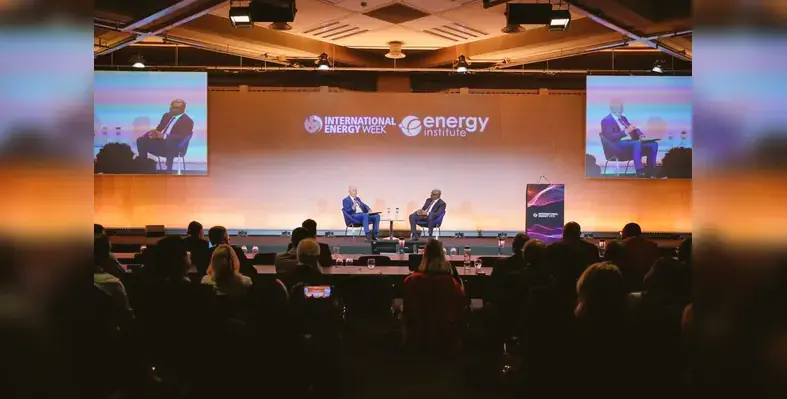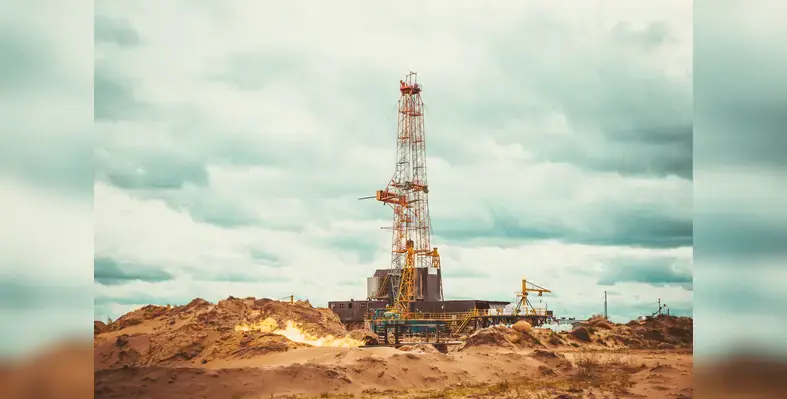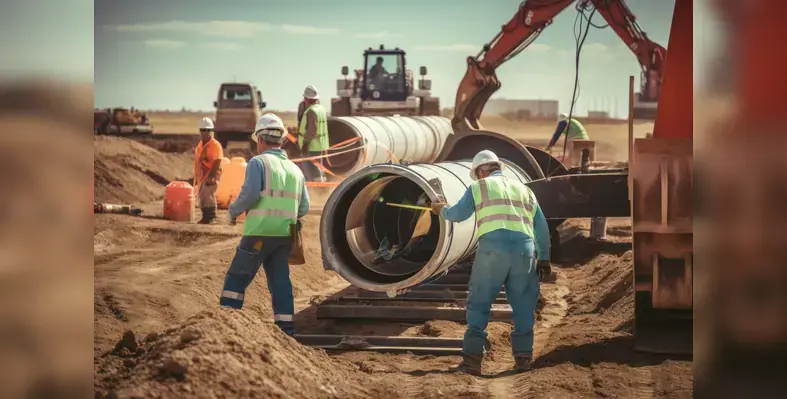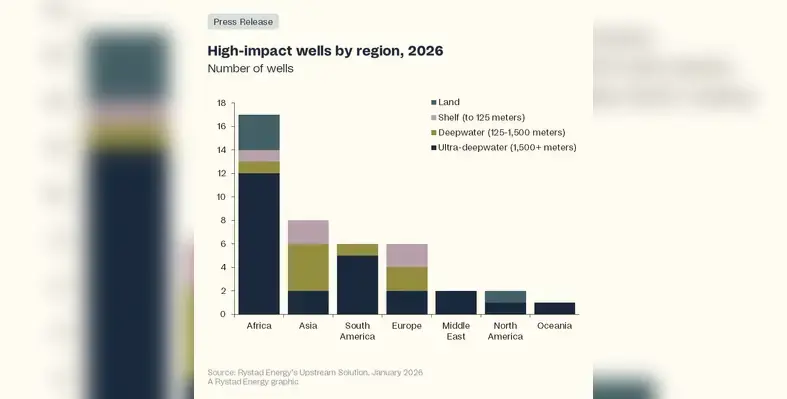The Nigerian National Petroleum Company has identified the key pillars for securing Africa’s energy future during the recently concluded 2026 International Energy Week (IEW) in London
The NNPC's group chief executive officer, Bashir Bayo Ojulari, highlighted the importance of shared infrastructure, policy alignment, coordinated investment frameworks, cross-border knowledge and technology exchange, integrated gas market development, and sustained regional diplomacy among national oil companies (NOCs).
As shared assets can lead to scale, efficiency and resilience, NNPC is prioritising the expansion of cross-border energy infrastructure, with regional gas initiatives ongoing in the region. Flagship projects such as the Nigeria–Morocco Gas Pipeline and the West African Gas Pipeline are critical for advancing regional integration and cross-border energy trade.
Ojulari said that the continent must move towards aligned pricing frameworks, transit protocols, local content standards, and joint technical regulations, drawing lessons from reforms such as Nigeria’s Petroleum Industry Act (PIA), to reduce investment friction, safeguard cross-border infrastructure, and ensure equitable access to shared energy assets.
“Our pathway is clear: grow production responsibly, scale gas as the backbone of Africa’s industrialisation, strengthen environmental accountability, and align with global decarbonisation objectives—while ensuring that Africans are not left behind in the energy transition,” he said.












